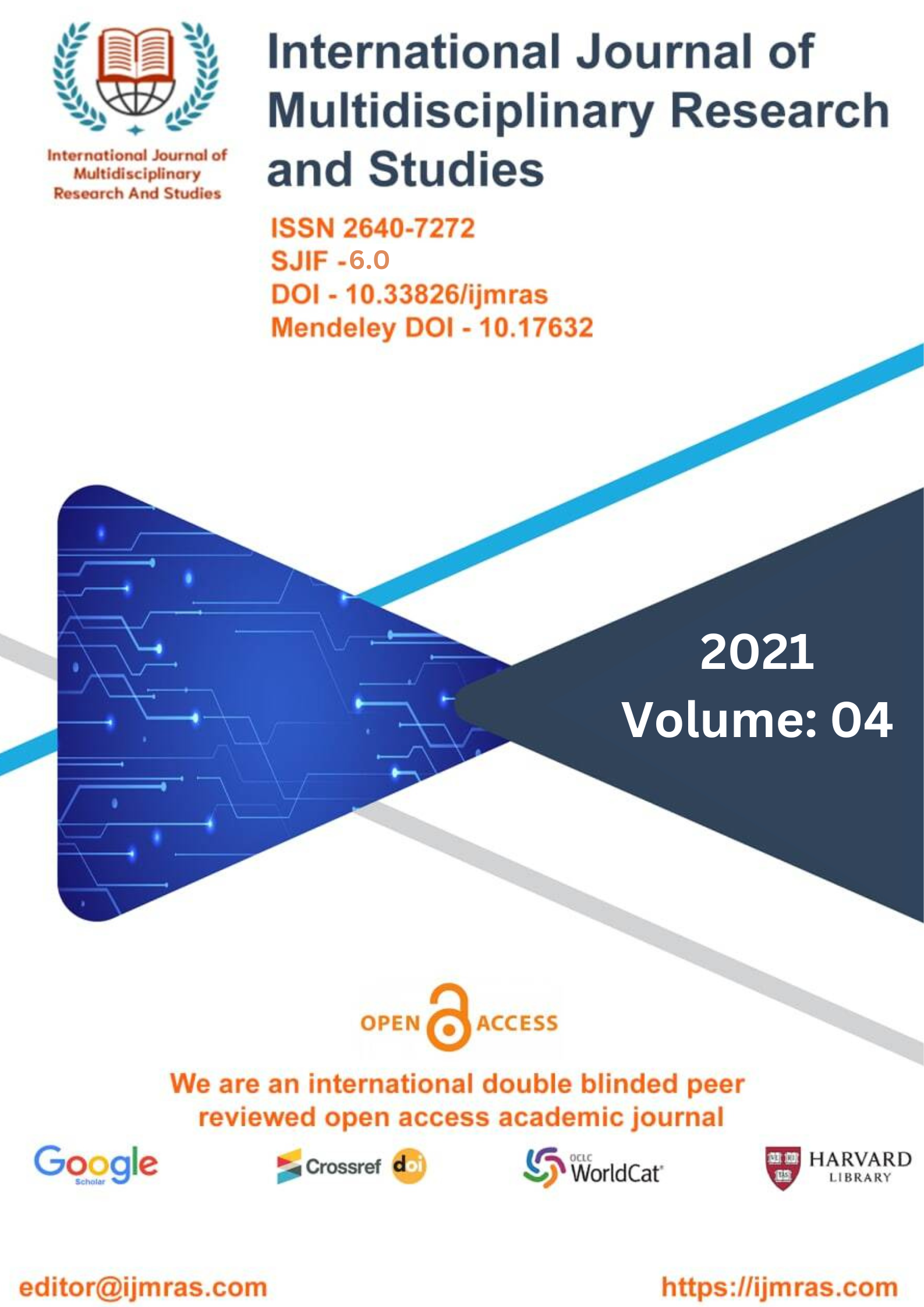HISTORICAL REPRESETATION OF GRAHAM SWIFT’S WORKS

Abstract
This essay demonstrates that in Graham Swift's Last Orders, the past is represented by the figure of Jack Dodds, a deceased man who is perceived as a living presence and whose life is associated with a book of requests, wishes, and unwritten rules regarding the way the living should behave. This essay also demonstrates that Jack Dodds's life is associated with a book of requests, wishes, and unwritten rules regarding the way the dead should behave. This concept is shown by a remark that was made by Linda Hutcheon (2002), who said that "understanding the past becomes an issue of representation, that is of creating and interpreting, not of objective recording". Hut The characters in the novel that was written by Graham Swift do their best to understand these requirements and rules, and they abide by them out of a sense of duty and respect for the power that they have. Because these principles do not exist in written form, we have to infer them from the guidance included in Jack's figurative book of life. This is the information that Jack's loved ones and close friends are most likely to recollect and discuss. If the past is depicted as a book of unwritten rules that the contemporary characters are required to discern and obey, then there are a number of different ways in which the past might be understood. It has been shown to us that in order for the world of the present to carry out its aims and obligations, it only obeys the commands provided to it by the world of the past. The modern civilization that we now inhabit does not put a significant focus on either the uniqueness of its values or the ideals themselves.
Keywords
historical, representation, themes, bookHow to Cite
References
Palmer, Alan, Fictional Minds, University of Nebraska Press, Lincoln and London, Frontiers of Narrative, Series Editor David Herman, North Carolina State University, 2004, 276 p.
Rimmon – Kenan, Shlomith, Narrative Fiction. Contemporary Poetics, 2nd edition, Routledge Taylor & Francis Group, London and New York, 2002, 192 p.
www.guardian.co.uk,the article from Saturday, March 1, 2003, last view date: the 11th of January, 2011.
Ankersmit, F. (2009). Narrative and Interpretation. In A. Tucker, A Companion to the Philosophy of History and Historiography (pp. 199- 208). West Sussex: Wiley-Blackwell.
Berlatsky, E. L. (2003). Fact, Fiction, and Fabrication: History, Narrative, and the Postmodern Real from Woolf to Rushdie. University of Meryland.
Brice, D. A. (2015). The Lawrentian Woman: Monsters in the Margins of 20th - Century British Literature. East Tennessee State University
Brown, C. G. (2005). Postmodernism for Historians. London: Pearson & Longman.
Buttler, J. M. (2001). What Happened to History? Mimetic Transformation in the Contemporary Historical Novels. University of Toronto.
Cook, R. (2004, January). The Aporia of Time in Graham Swift's Waterland. Concentric: Literary and Cutural Studies, 30(1), 133-48.
Ebdon, M. (2003). Remembering Identity after Postmodernity. University of Wales.
Hegerfeldt, A. C. (2005). Lies that Tell the Truth: Magic Realism Seen through Contemporary Fiction from Britain. Amsterdam & New York: Rodopi.
Hutcheon, L. (1988). A Poetics of Postmodernism: History, Theory, Fiction. New York &London:RoutledgeIggers, G. G. (1997).
Hanover and London: Wesleyan University Press
Janik, D. I. (1989, Spring). History and the 'Here and Now': The Novels of Graham Swift. Twentieth Centruy Literature, 35(1), 74-88.
Jenkins, K. (2005). Why History? Ethics and Postmodernity. London and New York: Routledge.
Jeon, S. (2012). Allegories of Modernity, Geographies of Memory. Texas A & M University.
Kern, C. (2013). Shifting Realities, Unreal Spaces and Real History in Rushdie, Swift, and Winterson. Whitman College.
Lorenz, A. (2001). A Companion. In Comedy (pp. 90-92). London: Routledge.
Lorenz, C. (2009). Scientific Historiography. In A. Tucker (Ed.), A Companion to the Philosophy of History and Historiography (pp. 393-403). West Sussex: Wiley-Blackwell
License
Copyright (c) 2021 Priyanka Bala

This work is licensed under a Creative Commons Attribution 4.0 International License.
Individual articles are published Open Access under the Creative Commons Licence: CC-BY 4.0.




